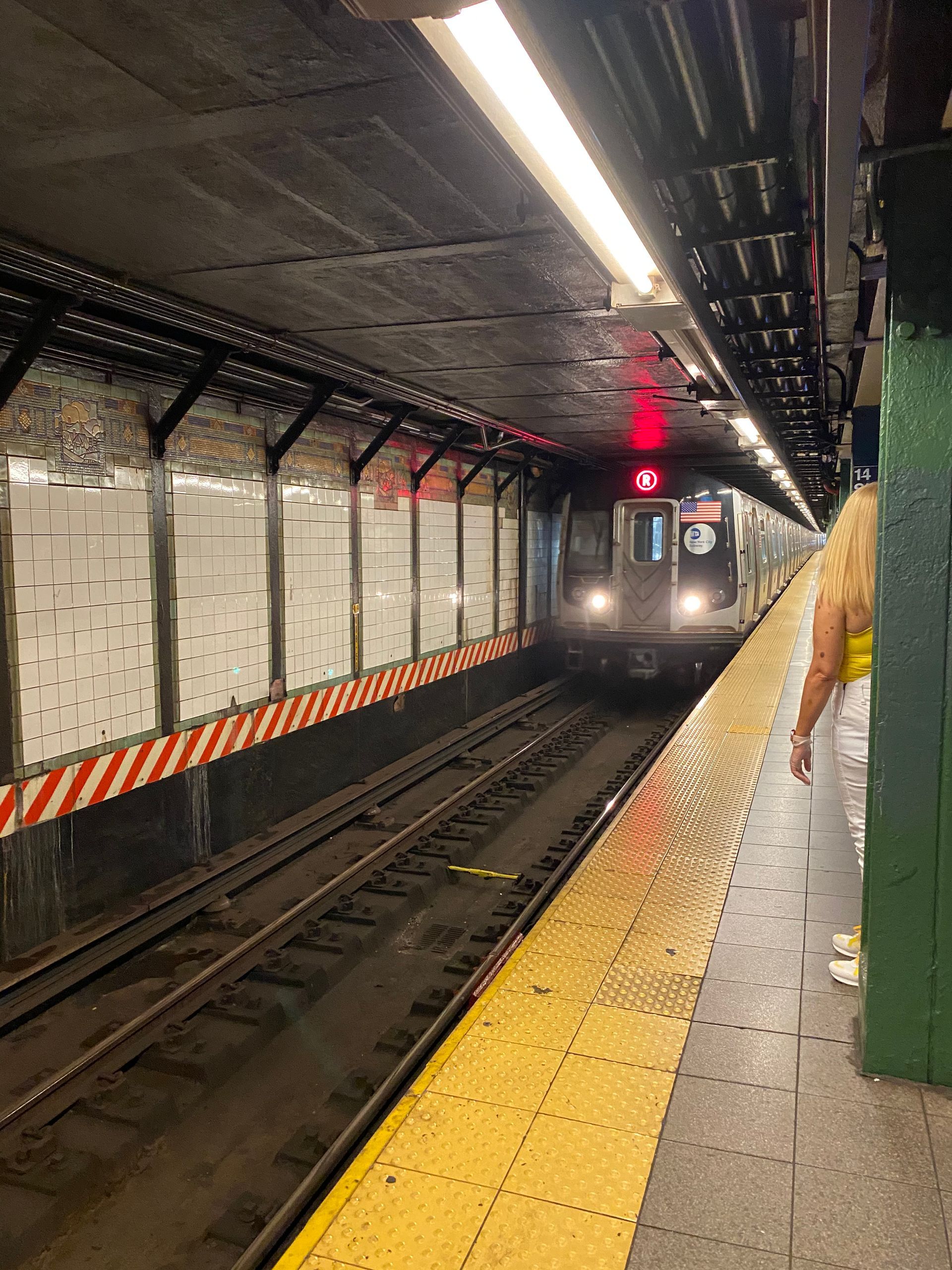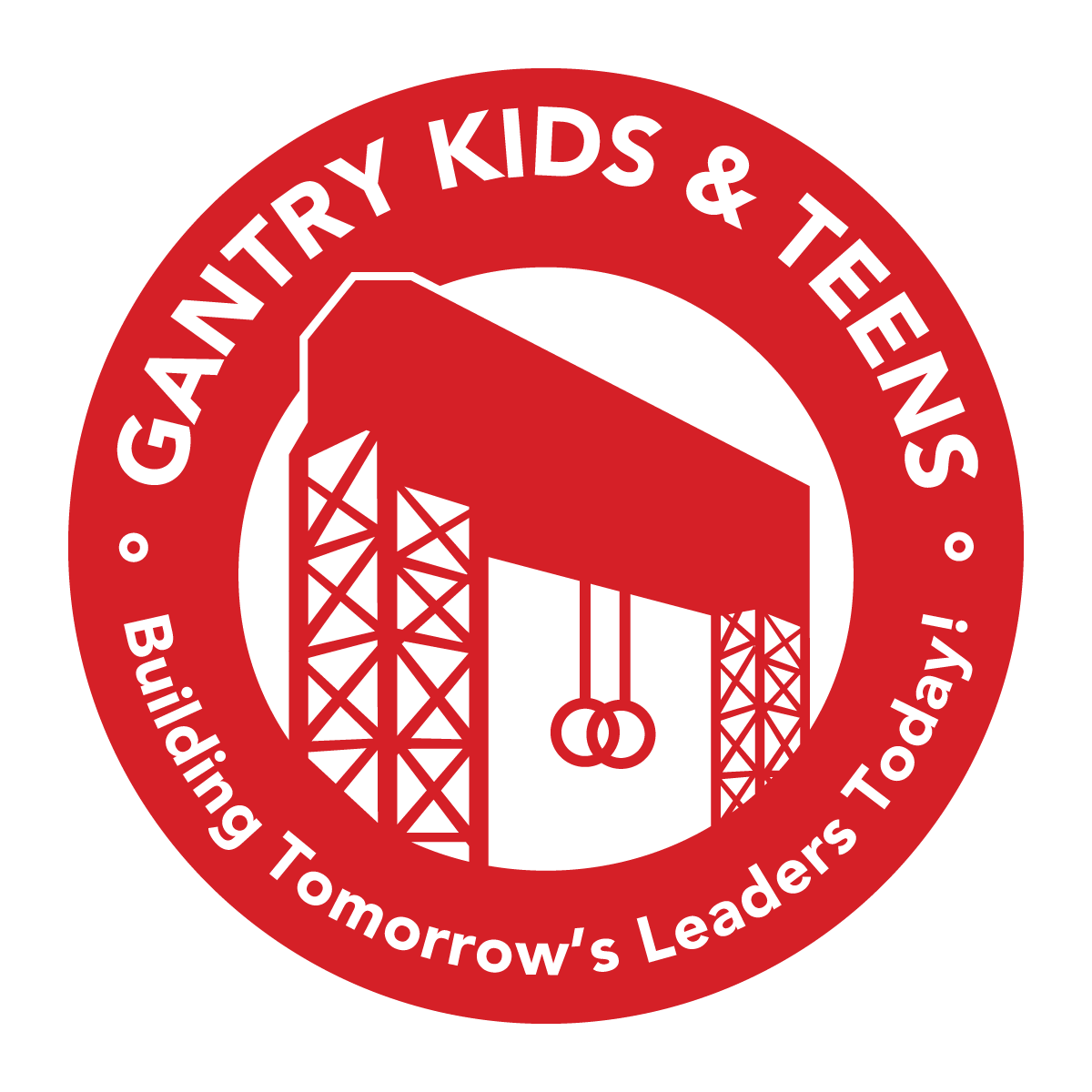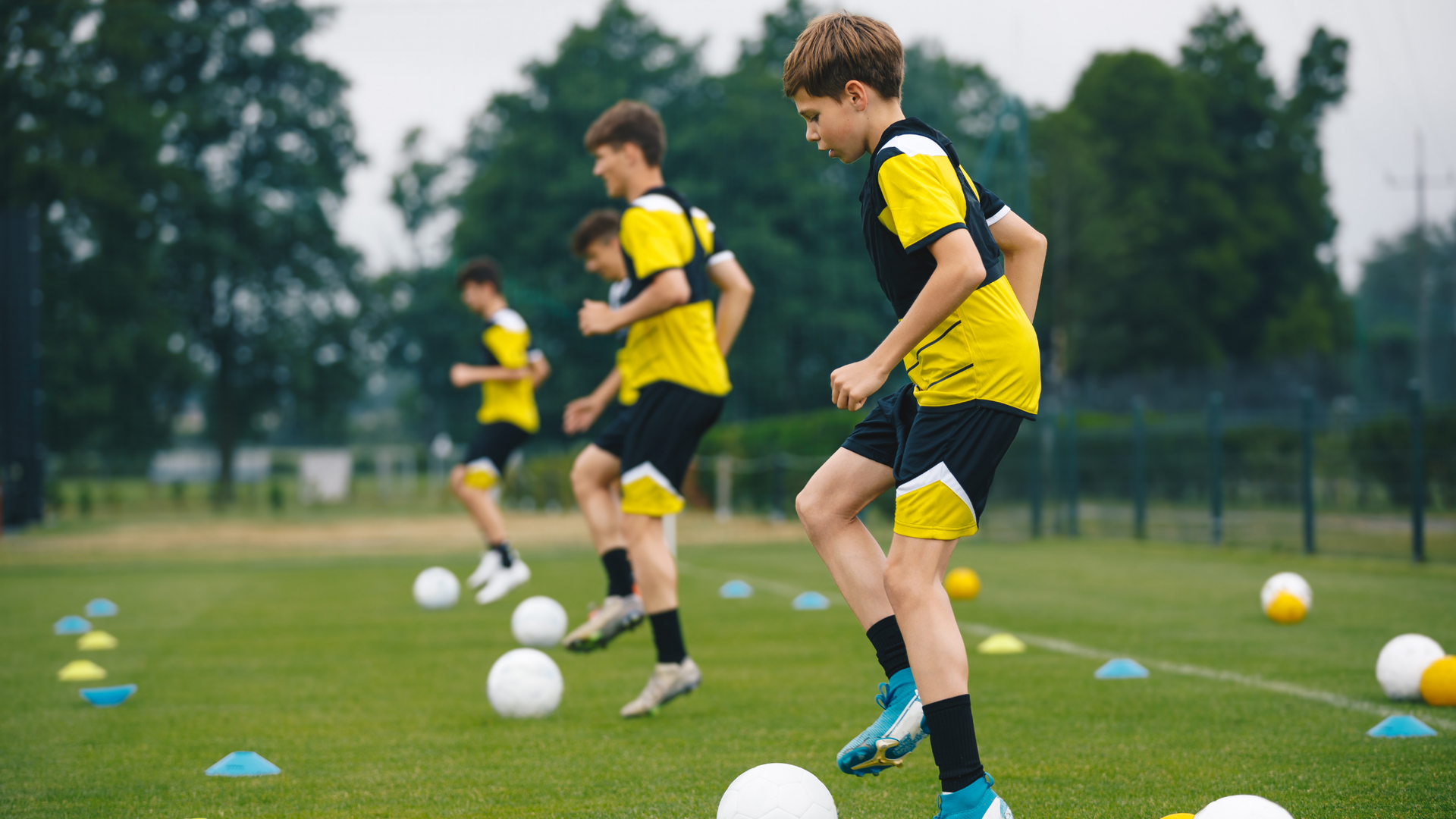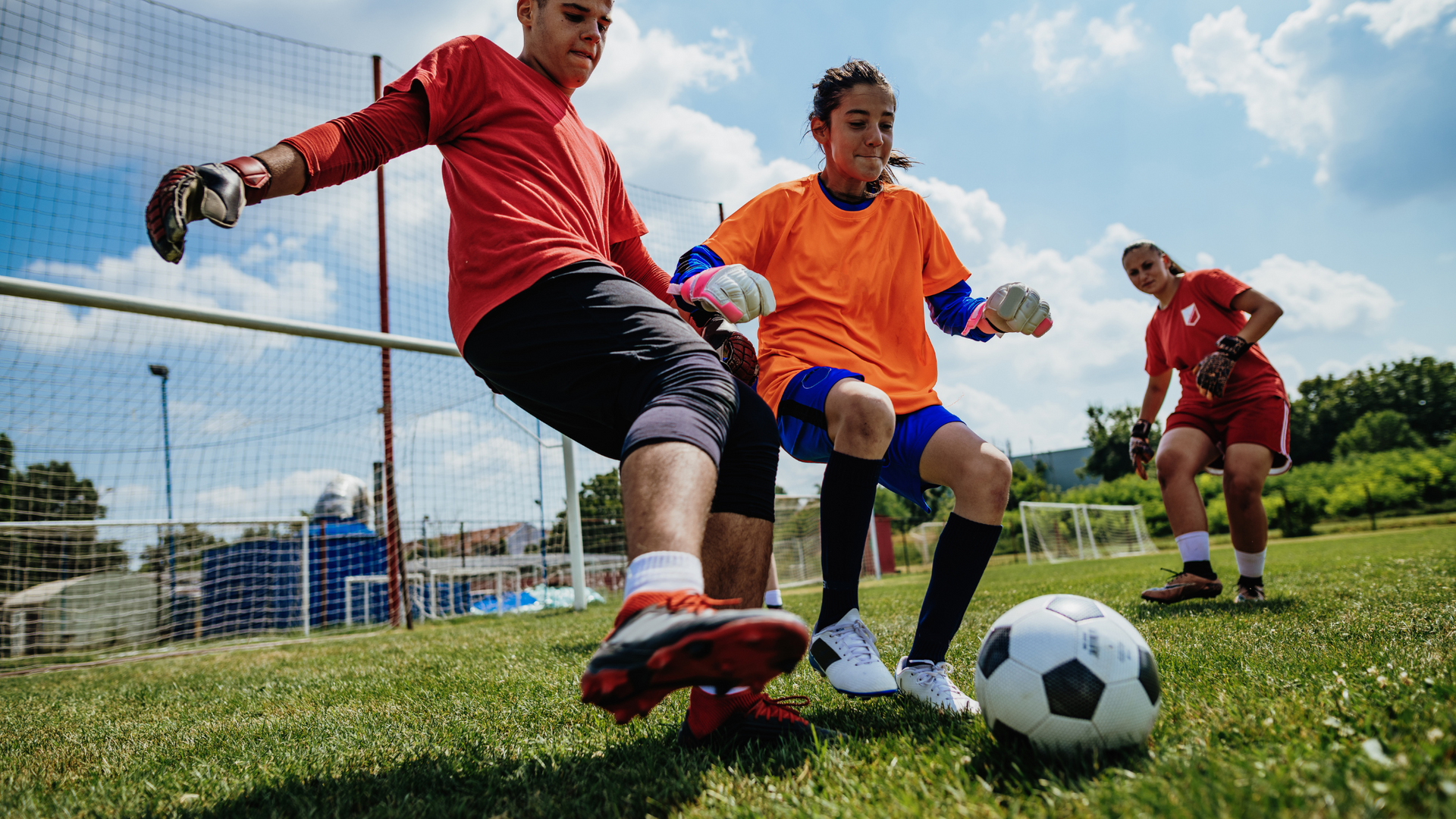Young Athletes & Mental Health: Preventing Sports-Related Stress & Burnout
Young Athletes & Mental Health: Preventing Sports-Related Stress & Burnout
Every generation of new athletes strives to reach new frontiers, achieve new heights, and break the records set by their predecessors. As a result, a young athlete faces a constant cauldron of stress and expectations, but what is its impact on mental health?
Even those in perfect health can suffer on the inside.
Athletes of all skill levels, even your sports-loving child or teen, can be under pressure to perform and succeed. But, unfortunately, it can have a negative effect on their mental health.
Stress can often come from within. However, it also comes from:
- Coaches
- Parents
- Teammates
- Fans
Benefits of Sporting Activities for Young Athletes
1. Physiological Benefits
Physiological benefits of sports include:
- Reduced obesity prevalence
- Muscle strengthening
- Enhanced aerobic capacity
- Increased bone density
- Reduced diabetes risk
- Cardiovascular disease prevention
2. Mental Health Benefits
Exercise and sports are also suitable for young people's mental health:
- Boosts self-esteem
- Social skills
- Discipline
- Improves general behavior by keeping you away from risky activities
- Eating disorders
The problem occurs when there is too much pressure - where pressure equals expectations.
Ways to Protect the Mental Health of Young Athletes
Instead of focusing on the result of an activity, remember the effort put in. Talking too much about a win or loss:
- It puts more pressure on the athlete to perform
- Focuses the discussion on something the athlete cannot control as much as their effort
Harmful messaging can sometimes be subtle and even well-intended. But, unfortunately, parents have this instinct to solve problems immediately.
Parenting is about celebrating the happy moments with your children and listening empathically to their more complex emotions.
Mental Health Risks of Over-Competition
Competing at a high level might naturally make your child a hardworking perfectionist. However, when combined with talent, ability, and higher expectations, those traits can create a perfect storm for mental health problems.
Sports-related factors that negatively impact youth mental health are still being studied. However, such factors might include:
- Sport specialization - concentrating on one sport
- Becoming a professional at a young age
- Reinforcing perfectionistic attitudes by parents and coaches
- Culture of "pushing through it" when dealing with mental health issues
Because of sports-related travel and an intense training schedule, less time is spent with support networks, like family and friends.
Elite young athletes might be under pressure because of their intrinsic tendency to be perfectionists. However, it is also likely influenced by the attitudes and behaviors of adults around them.
Sports can be Good or Bad for Youth Mental Health
It's crucial to figure out why your child is not enjoying a sport. Is it the fear of letting others down that overwhelms them? Maybe it's an indication of depression?
Parents must investigate mental health concerns and decide whether a sport is harmful, neutral, or helpful.
As a parent, your role is to help your child:
- Consider their choices carefully
- Clarify their goals and aspirations
- Make a plan to reach their goals
You will likely be the first person young athlete look to for guidance, and not their coach.
Coping Strategies for Young Athletes
It is possible to reduce mental health problems among elite young athletes using currently available methods. Together with their parents and coaches, athletes should develop coping mechanisms for stress.
The steps can include:
- Thought control
- Relaxation
- Mental development
- Help-seeking
All of which positively improve objective and subjective achievement while reducing the risk of mental health injuries. Rather than focusing on performance, parents and coaches should comment on the athlete's attitude and effort.
The Barriers to Seeking Help
A negative attitude and stigma are two of the significant barriers young athletes face when seeking help. Studies show that young athletes are more hesitant to seek help than non-athletes, on average.
Young Athletes & Mental Health - Takeaway
Sports organizations, coaches, and parents can all play a role in normalizing mental health concerns related to sports. In addition, young athletes should be encouraged to seek professional support, just as they would do for physical injuries.
If you're looking for fun activities and exercise programs for your kids and teens reach out to us at Gantry Kids & Teens in New York. We're looking forward to working with you and your kids. Whether a novice or elite athlete, we got you covered with classes, after school, camps, the occasional Saturday night, private training or even celebrating a special event. We’re Building Tomorrow’s Leaders Today! Contact us today.











